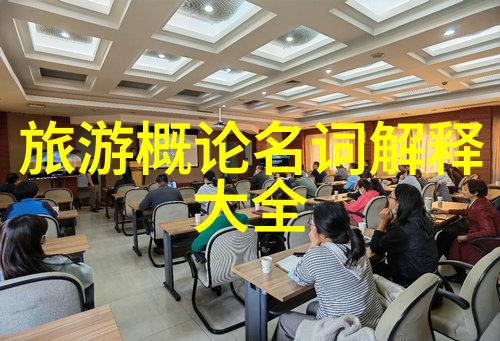在人类历史的长河中,农业一直是人类社会进步和文明发展的基础。随着科技的不断进步,现代农业已经从传统的小规模耕作转变为大规模、高效生产。但与此同时,现代农业也面临着一个严峻的问题——化学农药的过度使用。

一、引言
agriculture, the backbone of human civilization and progress, has undergone a significant transformation from traditional small-scale farming to large-scale and high-efficiency production. However, modern agriculture also faces a severe problem - the overuse of chemical pesticides.

二、环境破坏的一个例子
2.1 化学农药定义及作用

Chemical pesticides are synthetic substances used to kill or control pests that damage crops. They have been widely applied in agricultural production since the mid-20th century to ensure food security and protect crops from diseases.
2.2 环境污染与生态系统影响

The excessive use of chemical pesticides not only harms human health but also causes serious environmental pollution and ecological system damage. These chemicals can contaminate soil, water sources, air quality, and even affect non-target organisms like beneficial insects and microorganisms.
三、环境健康危机

3.1 人类健康风险评估
Studies have shown that exposure to pesticide residues on food can lead to various health problems such as neurological disorders, reproductive issues, cancer risk increase etc., posing a threat to public health.
3.2 生态系统平衡失调
The widespread application of chemical pesticides disrupts the balance of ecosystems by killing off natural predators of pests or affecting other non-target species' populations in addition to harming beneficial organisms essential for pollination or pest control within agroecosystems.
四、可持续发展策略探讨
To mitigate these adverse effects on environment and human health while maintaining agricultural productivity is crucial for sustainable development strategies:
4.1 Integrated Pest Management (IPM): IPM involves using a combination approach incorporating physical barriers (e.g., row covers), biological controls (e.g., introducing natural enemies), cultural practices (e.g., crop rotation) along with selective pesticide usage based on pest monitoring data.
4.2 Organic Farming: Adopting organic farming methods excludes synthetic fertilizers including most pesticide applications which promotes soil fertility improvement through composting/organic amendments.
4.3 Precision Agriculture: Utilizing advanced technologies such as remote sensing drones/GPS systems enables targeted spraying reducing overall pesticide usage levels while minimizing environmental impact.
In conclusion, overreliance on chemical pesticides poses significant threats both environmentally & ecologically alongside potential harm towards public health necessitating immediate attention toward implementing more sustainable alternatives for effective crop management ensuring both food security & eco-friendly practices coexist harmoniously in modern-day agriculture endeavors




